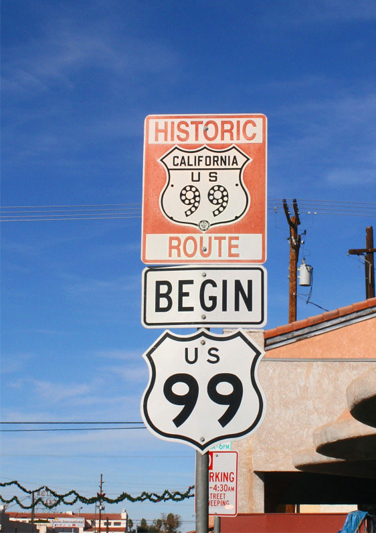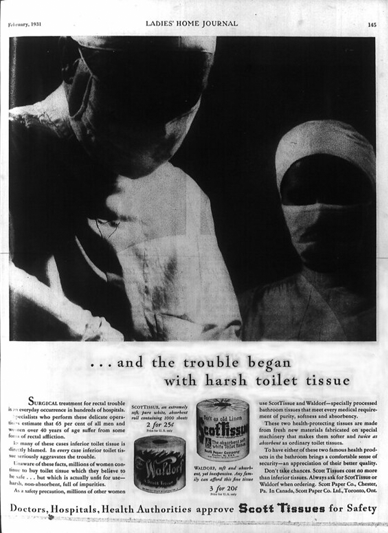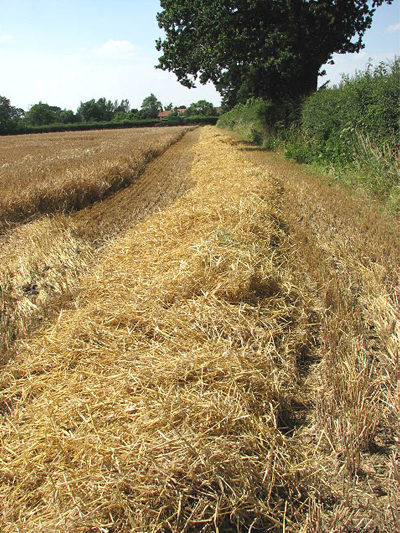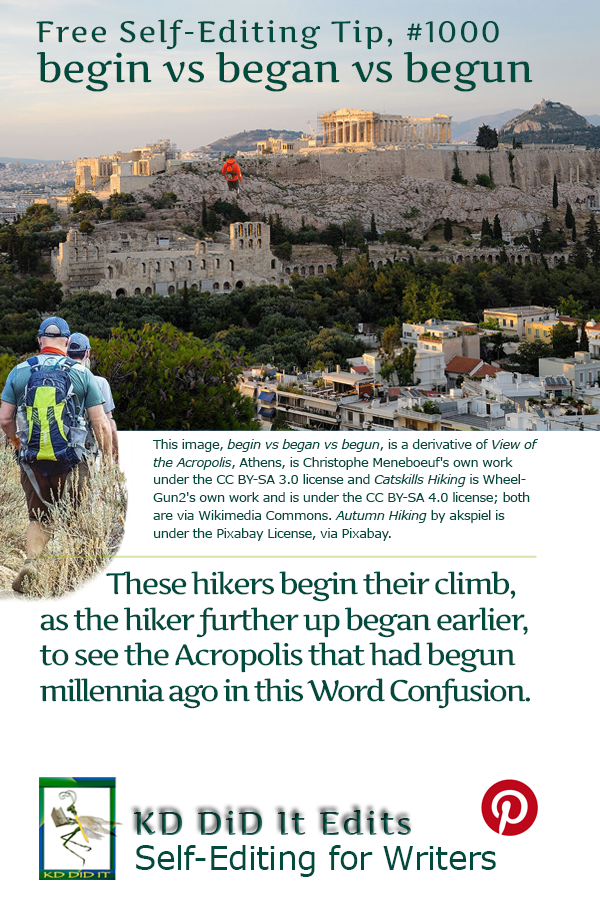Revised as of
23 Oct 2022
The word begin is an irregular verb, essentially meaning to start that doesn’t follow the rules when changing tenses.
Begin is the simple present tense describing the action happening right now. It uses I begin, you begin, we begin, and they begin.
It can also create a future tense when combined with will, as in I / you / we / they will begin.
Began is the simple past tense — it mostly describes an action that occurred in the past that have come to an end OR, less often, an action that began in the past and is ongoing, using I began, you began, we began, and they began.
Begun is different from begin or began in that, as a past participle, it requires a helping verb — has, had, or have — to form one of the perfect tenses.
Perfect Present Tense: I have begun, you have begun, he/she/it has begun, we have begun, and they have begun — allows us to talk about something which began in the past but continues into the present.
Past Perfect: I had begun, you had begun, he/she/it had begun, we had begun, and they had begun — refers to something that began in relation to another past action or a specified point in the past.
Future Perfect: I will have begun, you will have begun, he/she/it will have begun, we will have begun, and they will have begun — refers to something that will have started by a certain point in the future.
Word Confusions . . .
. . . started as my way of dealing with a professional frustration with properly spelled words that were out of context in manuscripts I was editing as well as books I was reviewing. It evolved into a sharing of information with y’all. I’m hoping you’ll share with us words that have been a bête noire for you from either end.
If you found this post on “Begin vs Began vs Begun” interesting, consider tweeting it to your friends. Subscribe to KD Did It, if you’d like to track this post for future updates.
| Begin | Began | Begun |
|---|---|---|

Begin US Route 99 by Chuck Coker is under the CC BY-ND 2.0 license. via Flickr. |

And the Trouble Began with Harsh Toilet Tissue by Colleen A. Bryant and courtesy of the Ladies Home Journal, February 1931, page 145, which is under the CC BY 2.0 license, via Flickr. |

The Harvest Has Begun, Bintree, Norfolk, Great Britain, by Evelyn Simak is under the CC BY-SA 2.0 license, via Geograph.org.uk. |
| Part of Grammar: | ||
| Verb, intransitive & transitive | Simple present; Simple future | Past tense of begin, beganst [Archaic] | Past participle of begin
Requires a helping verb (has, have, had, has been, have been, had been) |
|
Third person present verb: begins Past tense: began Past participle: begun Present participle: beginning |
||
| Verb, intransitive: [begin to do/doing something] Start
[With negative and infinitive; informal] Not have any chance or likelihood of doing a specified thing Verb, transitive:
|
||
| Examples: | ||
| Verb, intransitive: She should begin by rewriting the syllabus. Theorists begin to address these complex questions. She will begin a double life. The ground campaign will begin next week. The story begins with the death of her senile father. The tour begins at the active Poas Volcano. Oh, all right. He can begin as a drummer. She will begin with a marine inlet. List eighty words beginning with a vowel. Picasso can begin on that great canvas. Rooms begin at $139. It was a circuitry that Karen could not begin to comprehend. Verb, transitive: She must begin to go to the hotel soon. |
Verb, intransitive: She began by rewriting the syllabus. Theorists began to address these complex questions. She began a double life. The ground campaign began yesterday. The story began with the death of her senile father. The tour began half an hour ago at the active Poas Volcano. He began as a drummer. Watts Lake began as a marine inlet. She wrote a list of words that began with a vowel. Picasso began on a great canvas. Rooms began at $139. It was a complicated circuitry that Karen began to work on. Verb, transitive: “I’ve got to go to the hotel,” she began. |
Verb, intransitive: She had begun by rewriting the syllabus. Theorists have just begun to address these complex questions. She had begun with a double life. The ground campaign had begun. The story had begun with the death of her senile father. The tour had begun at the active Poas Volcano. He had begun as a drummer. Watts Lake had begun as a marine inlet. She had begun a list of words that began with a vowel. Picasso had begun work on a great canvas. Back in 2003, rooms had begun at $139. It was a type of circuitry that Karen could not have begun to comprehend. Verb, transitive: “I’ve got to go to the hotel,” she had begun to say. |
| Derivatives: | ||
| Adjective: beginning Noun: beginner, beginning |
||
| History of the Word: | ||
| Old English beginnan is of Germanic origin and related to the Dutch and the German beginnen. | ||
C’mon, get it out of your system, bitch, whine, moan . . . which words are your pet peeves? Also, please note that I try to be as accurate as I can, but mistakes happen or I miss something. Email me if you find errors, so I can fix them . . . and we’ll all benefit!
Satisfy your curiosity about other Word Confusions on its homepage or more generally explore the index of self-editing posts. You may also want to explore Book Layout & Formatting Ideas, Formatting Tips, Grammar Explanations, Linguistics, Publishing Tips, the Properly Punctuated, Writing Ideas and Resources, and Working Your Website.
Resources for Begin vs Began vs Begun
Apple Dictionary.com
Boyles, David and Linsey Betts. “When to Use Begin, Began or Begun.” Study.com. 30 July 2020. Web 13 Aug 2021. <https://study.com/academy/lesson/when-to-use-begin-began-or-begun.html>.
Davis, Ben. “Is It Has Begun or Has Began?” Mvorganizing.org. 31 May 2021. Web. 15 Aug 2021. <https://www.mvorganizing.org/is-it-has-begun-or-has-began/>.
“Word Choice: Began vs. Begun.” 5 June 2016. Web. 13 Aug 2021. <https://getproofed.com/writing-tips/word-choice-began-vs-begun/>.
Pinterest Photo Credits:
View of the Acropolis, Athens, is Christophe Meneboeuf‘s own work and is under the CC BY-SA 3.0 license and Catskills Hiking is WheelGun2‘s own work and is under the CC BY-SA 4.0 license; both are via Wikimedia Commons. Autumn Hiking by akspiel is under the Pixabay License, via Pixabay.


